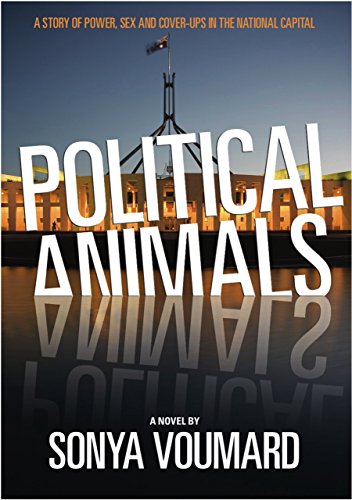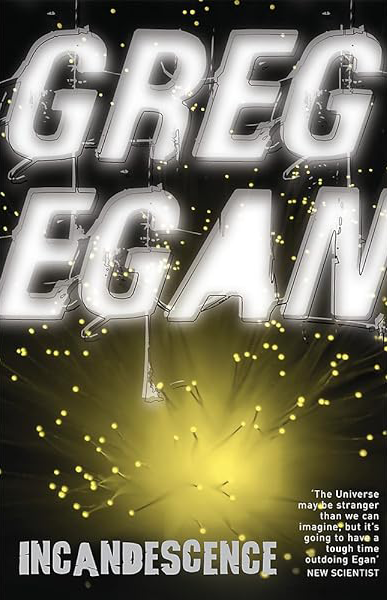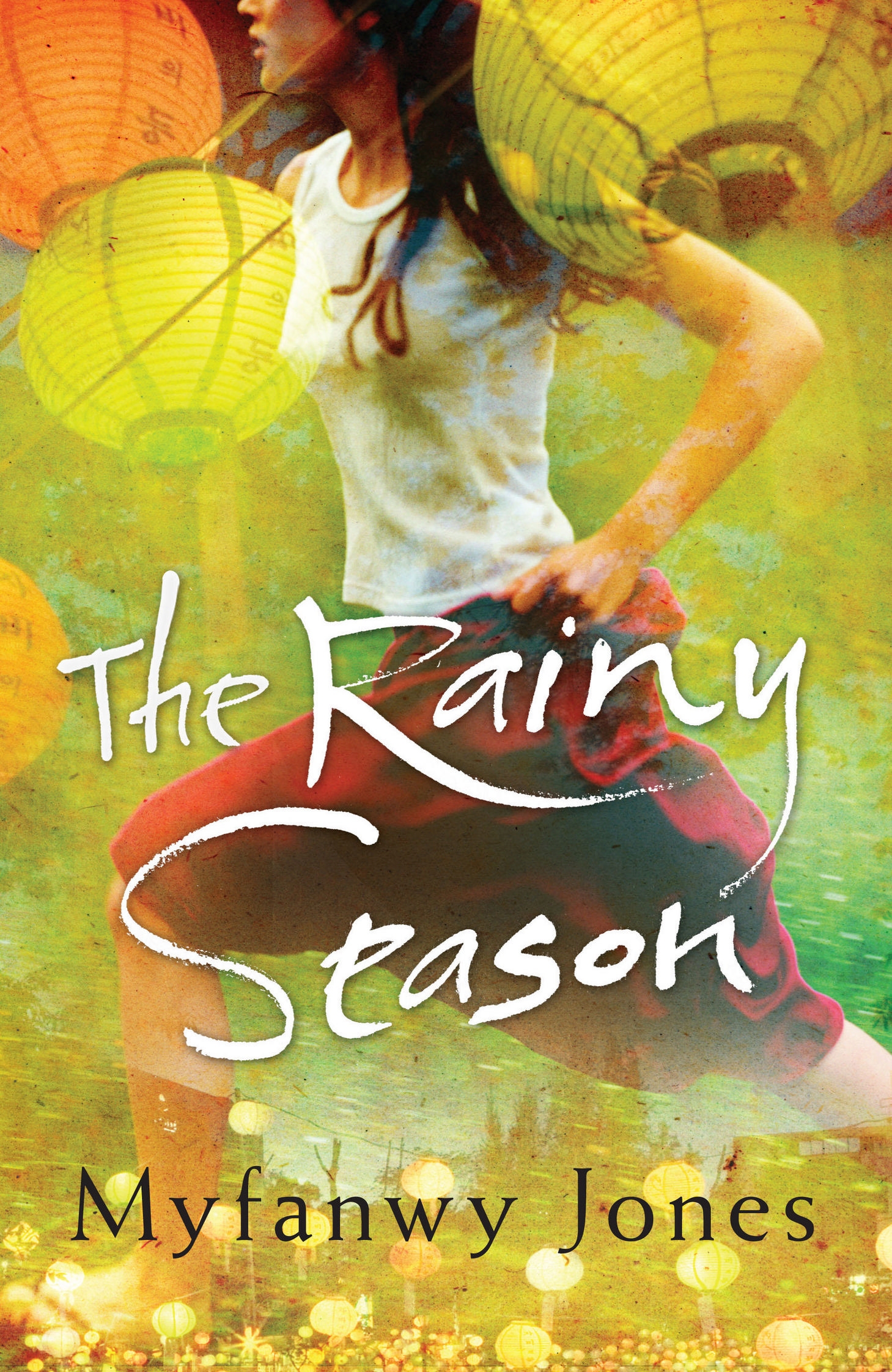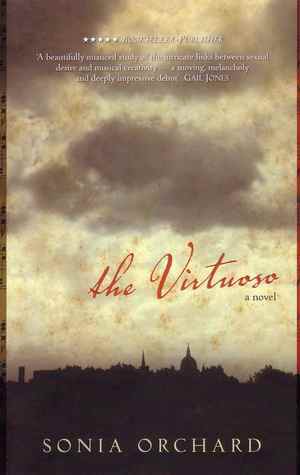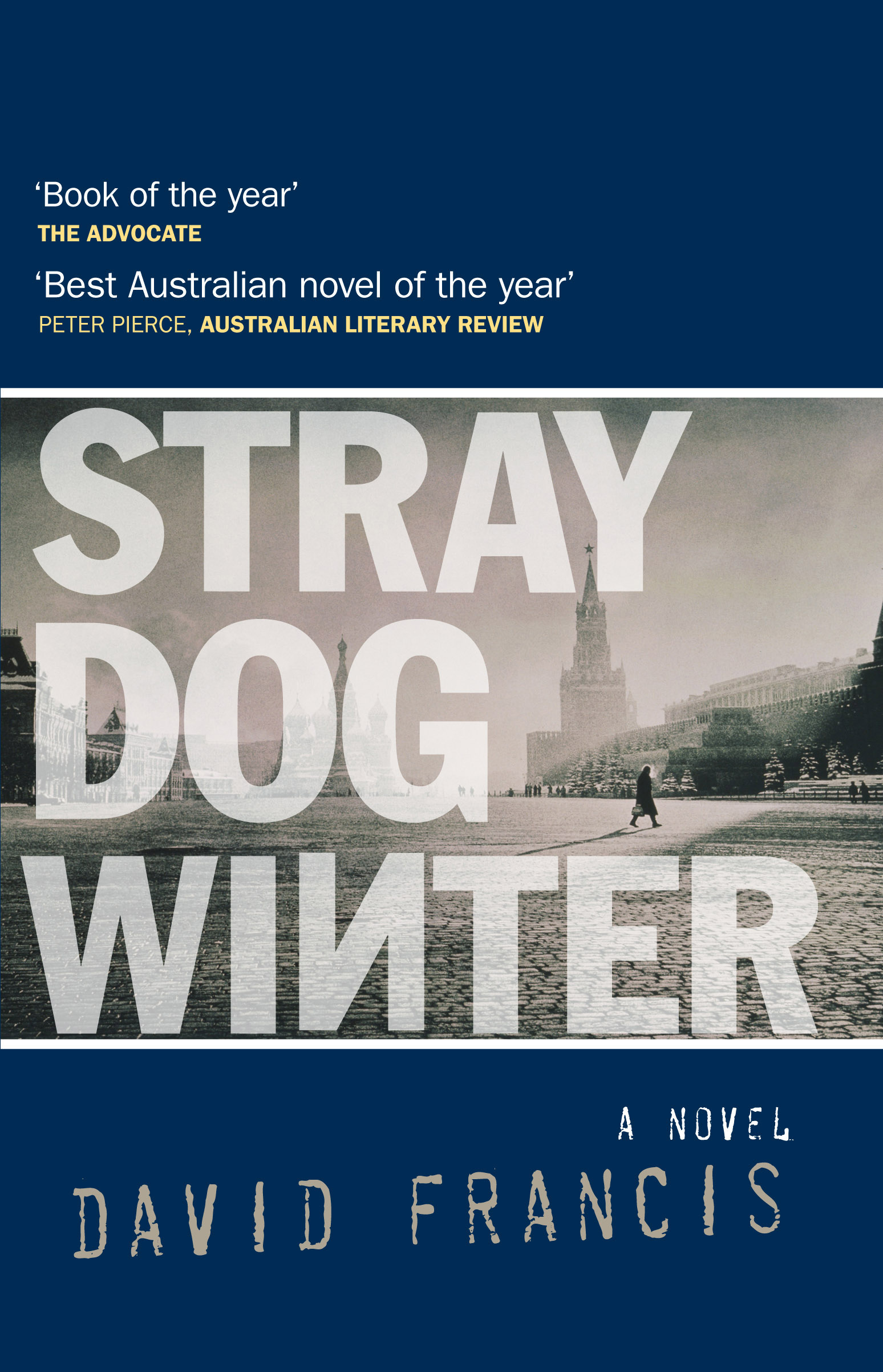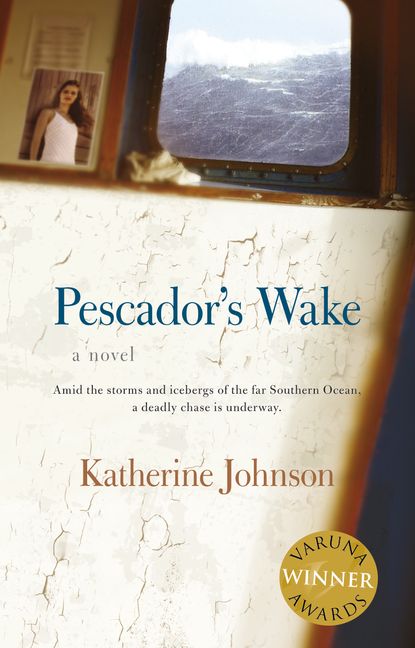Fiction
In The Ghost Writer (1979), the first of the nine Philip Roth novels in which Nathan Zuckerman plays a major role, the young Zuckerman uses a family squabble over an inheritance as the basis for a short story. His father is appalled. Why would Nathan depict his own family in such an unflattering light, perpetuate negative Jewish stereotypes, and give ammunition to anti-Semites? ‘You are not somebody who writes this kind of story and then pretends it’s the truth,’ his father despairs. ‘But I did write it,’ Nathan replies. ‘I am the kind of person who writes this kind of story.’
... (read more)

